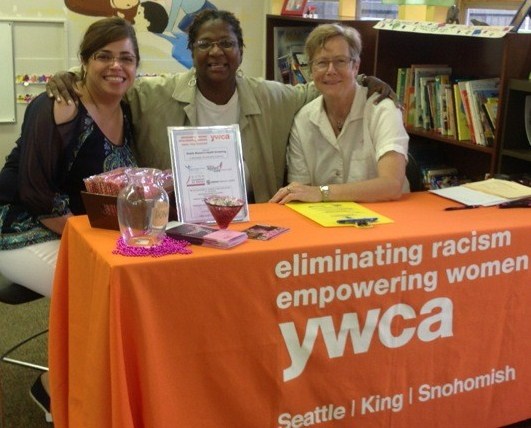Have you ever stopped to consider just how much time you spend sitting in a day? Did you know that sitting has been connected to diabetes and heart disease?
In a 2014 Harvard Health Blog post, Harvard Women’s Health Watch‘s Executive Editor Stephanie Watson quotes several medical professionals and explains how excessive sitting is linked to chronic disease:
When you sit, you expend fewer calories than you would while standing, and you demand little effort from your muscles. Sitting too much can also lead to other behaviors that contribute to obesity and heart disease. “Many times when people are sitting, what are they doing? They’re often watching TV and snacking,” says Dr. Manson.
Many fitness professionals, sports medicine professionals and physical therapists suggest individuals spend 5 to 10 minutes of each hour standing while they work.
Stephanie Watson writes:
When it comes to exercise, “Any activity is good,” says Dr. Lee. “Some is better than none, and more is better than less.” Ideally, work in a full half-hour or hour of exercise each day, while trying to be active—even in short spurts—the rest of the time. But if you can only squeeze in 10 minutes of dedicated exercise at a time, aim for that.








